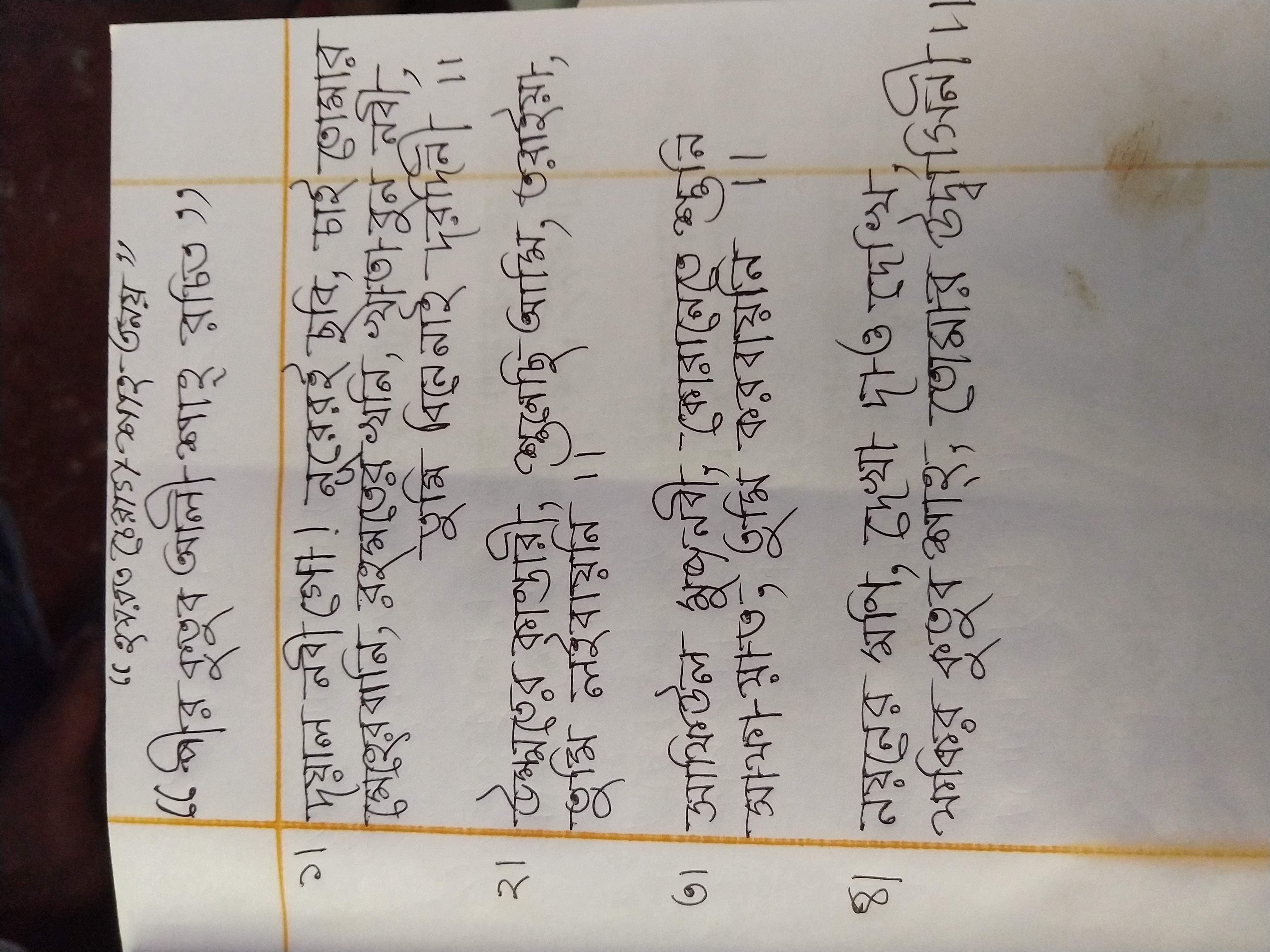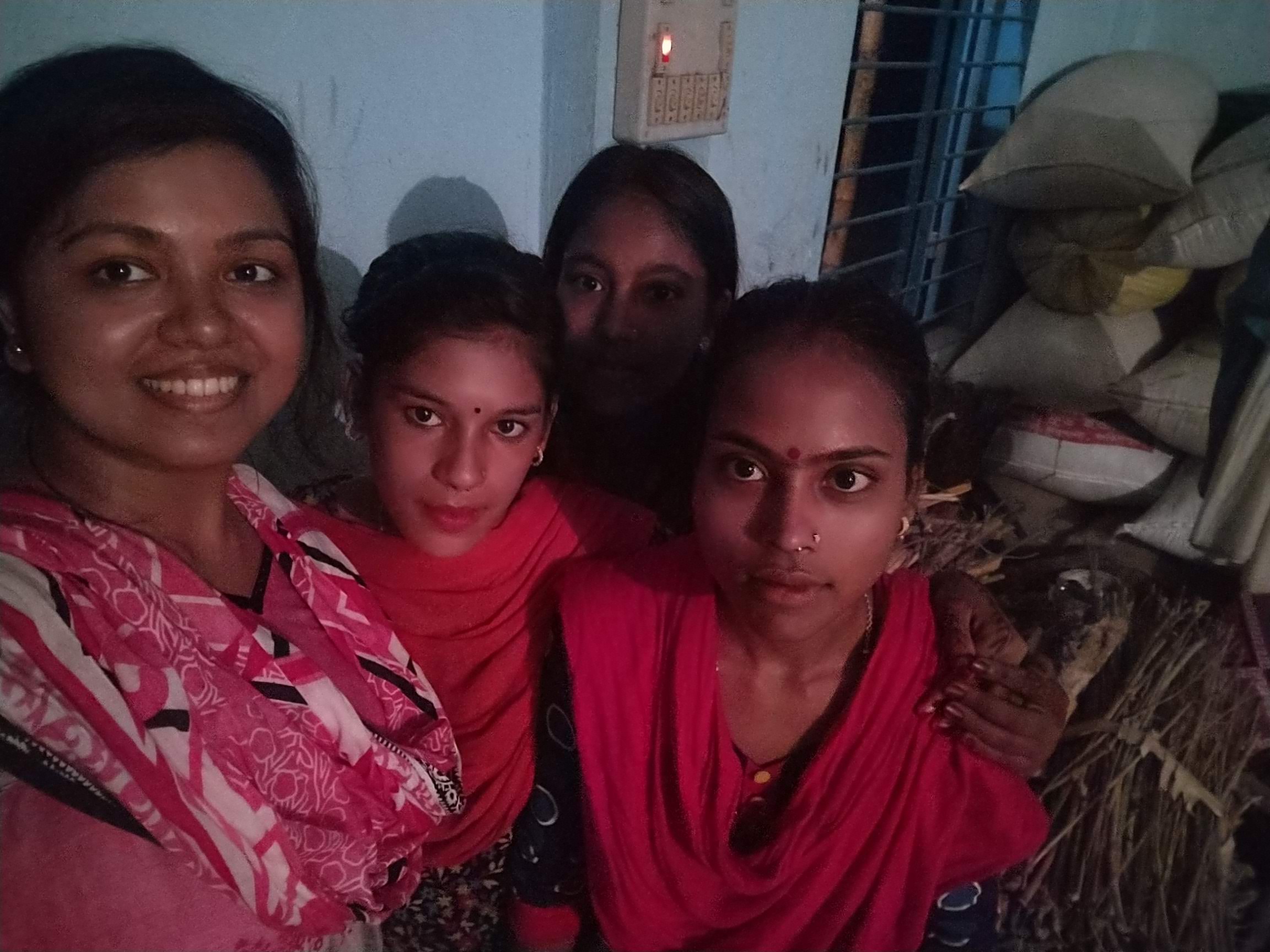Bridging and Bonding: Role of Ethno-Music in Social Cohesion
- Noor -E-Afroz Promei SUST
- AFM Zakaria SUST
Abstract
Contemporary societies are increasingly confronted with disorder, dysfunction, and disharmony, with religious minorities being particularly targeted across the globe. In any social context, minorities are prone to remain under threat and unheard, facing conflicts and riots based on religion, race, ethnicity, and gender, which have historically resulted in disharmonious societal situations. Although the communal incidents have evolved since the 1947 Partition of Bengal, they remain comparable in nature. Within the academic community, many researchers attempt to address the questions surrounding communal violence, particularly the "exceptional" case of Sylhet. This paper aims to investigate historical events and facts that feature communal relationships in Sylhet and explore the social practices and patterns of behavior in maintaining communal relationships through micro-level observation. The study selects Keshobpur village of Sunamganj. Brokaw (2016), Harvey (2017), and Firth (1996) have shown that there is a complex relationship between societal peace and ethno-music, emphasizing that ethno-music is an essential resource for Sylhet. Empirical investigation and historical data reveal that the morals, philosophy, lyrics, and related performances of ethno-music have a positive impact on strengthening social bonds among different communities around Keshobpur village of Sunamganj, Sylhet.
Some images captured during this research

